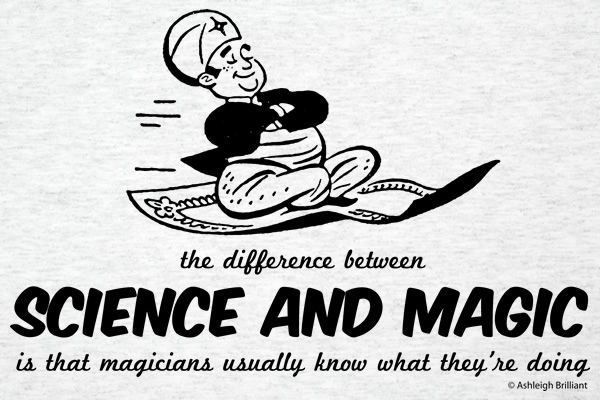
Now the scientific publishers Springer and IEEE have withdrawn more than 120 scientific papers from publication. Most of the papers originate in China. The publishers pulled them because a computer scientist developed a program that detects fake papers. Cyril Labbé of Joseph Fourier University in Grenoble, France ran publication databases through his program. In the journal Nature, Richard Van Noorden describes the results:
Labbé does not know why the papers were submitted — or even if the authors were aware of them. Most of the conferences took place in China, and most of the fake papers have authors with Chinese affiliations. Labbé has emailed editors and authors named in many of the papers and related conferences but received scant replies; one editor said that he did not work as a program chair at a particular conference, even though he was named as doing so, and another author claimed his paper was submitted on purpose to test out a conference, but did not respond on follow-up.Why do scientists engage in this practice? Because the more frequently a scientist is cited, the more prestige that author acquires. Labbé demonstrated this by creating a fake scholar and giving him enormous prestige:
In April 2010, he used SCIgen to generate 102 fake papers by a fictional author called Ike Antkare [see pdf]. Labbé showed how easy it was to add these fake papers to the Google Scholar database, boosting Ike Antkare’s h-index, a measure of published output, to 94 — at the time, making Antkare the world's 21st most highly cited scientist. Last year, researchers at the University of Granada, Spain, added to Labbé’s work, boosting their own citation scores in Google Scholar by uploading six fake papers with long lists to their own previous work2.

No comments:
Post a Comment